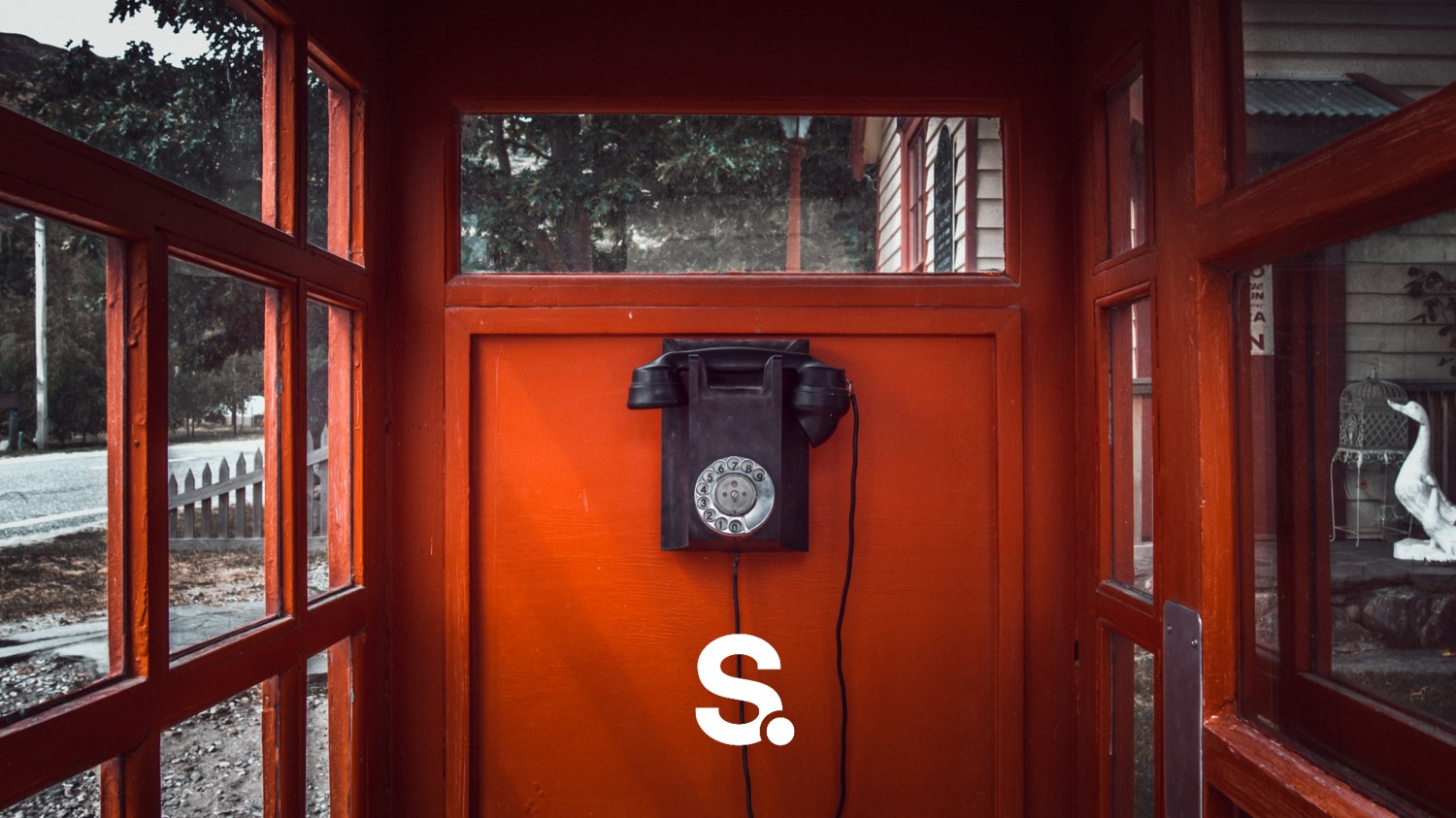blog
To whistle or not to whistle. That is the question.
July 13, 2022
7 min read

![]()
In Shakespeare most famous soliloquy, Prince Hamlet questions himself about life and death, regretting the pain and ill fortune of his life while acknowledging that the alternative could be (frankly) worst.
The Shakespearean (existentialist) doubt serves as a motto for the necessary critical balance that a whistleblower will have to make between his personal risk and the defense of the public interest (and of the company itself).
Cases in which the role of whistleblowers proved decisive for the detection, investigation, communication and sanctioning of illegal activities that were claimed to be harmful to the public interest are well known, with emphasis on the cases of Mark Felt (in the famous Watergate), Edward Snowden (in relation to the NSA), Julian Assange (via WikiLeaks) and more recently Hemanth Kappanna (in the VW Dieselgate scandal).
Therefore, in the balance between the interests of all and the resignation (or conformism) of the whistleblower, the legislator chose to guarantee the effective protection of the latter based on two essential premises: (i) the obligation to create internal whistleblowing channels (to companies and public bodies with more than 50 employees) and (ii) the prohibition of any form of retaliation against whistleblowers.
Regarding internal whistleblowing channels, the legislator wants to ensure that they allow the safe presentation and follow-up of complaints made by those who have professional contact with the organization (and thus become aware of infringements in the context of their professional duties).
Whistleblower channels must, therefore, guarantee the confidentiality of the identity (or even the anonymity) of the whistleblowers and third parties mentioned in the complaint (which can only be disclosed due to a legal obligation or a court decision), as well as prevent the access of unauthorized persons.
As for the deadlines, the law provides that the complaints must be analyzed, investigated, decided and communicated to the whistleblower within a maximum period of three months, with the period for complaint’s conservation set, generally, in five years.
About the prohibition of retaliation against the whistleblower, the law prohibits any act or omission (and even the threat or attempt) that, directly or indirectly, causes or is likely to cause the whistleblower, in an unjustified way, financial and non-financial losses.
But the legislation did not want to deliver a blank check to all potential whistleblowers, as it only protects singular persons who report an infringement based on information obtained in the context of their professional activity, which includes employees and former employees, service providers, contractors, subcontractors, suppliers, representatives of corporate bodies, volunteers and interns, among others.
Furthermore, only the whistleblower who is in good faith and who has serious grounds to believe that the information is true (and falls within the typologies covered by the whistleblowing legislation) benefits from the protection, but this protection is extended to individuals who help the whistleblower, third parties that are linked to the whistleblower and companies that are owned or controlled by the whistleblower.
The law did not (purposely) want to bring together, in line with what it does in competition law, the figures of the whistleblower and the delator, with the former not having the safeguard of a putative grace or special sanctioning mitigation for disclosing the infringement, thus managing to shake their own (corresponding) responsibility for participating in the illegal activity now reported.
There are, hence, three ways to report a given infraction: internal whistleblowing channels (provided by organizations with more than 50 employees), external whistleblowing channels (provided by the competent authorities) and public disclosure (namely through the media).
But the law is very clear on the precedence of the means made available to the whistleblower, so that the whistleblower must privilege internal whistleblowing channels, under penalty of not benefiting from said protection, with exceptions that are typified and include, among others, the existence of channels that only allow the filing of complaints by workers, when the infringement constitutes a crime or when there is reasons to believe that the infringement cannot be dealt effectively internally.
At SERVDEBT we want to be the most embracing and diligent in responding to complaints (and claims) that are communicated to us, because we believe that some infractions, despite their complexity, hermetic nature and the low standards of collective censorship, reveal a significant potential damage that we want to fight while consolidating an organizational culture of trust and transparency.
********
No mais famoso solilóquio de Shakespeare, o Príncipe Hamlet questiona-se a si próprio sobre a vida e a morte, lamentando-se pela dor e má fortuna da sua vida enquanto reconhece que a alternativa pode ser (francamente) pior.
A (existencialista) dúvida shakespeariana serve de mote à necessária ponderação crítica que um denunciante terá de fazer entre o seu risco pessoal e a defesa do interesse público (e da própria empresa).
São sobejamente conhecidos os casos em que o papel dos denunciantes se revelou decisivo para a deteção, investigação, divulgação e sancionamento de atividades ilícitas que se afirmavam lesivas do interesse público, com destaque para os casos de Mark Felt (no célebre Watergate), Edward Snowden (em relação à NSA), Julian Assange (através do WikiLeaks) e mais recentemente Hemanth Kappanna (no escândalo Dieselgate da VW).
Assim sendo, na ponderação entre o interesse de todos e a resignação (ou conformismo) do denunciante, o legislador optou por garantir a efetiva proteção deste último assente em duas premissas essenciais: (i) a obrigatoriedade de criação de canais de denúncia internos (para empresas e organismos públicos com mais de 50 trabalhadores) e (ii) a proibição de qualquer forma de retaliação contra os denunciantes.
No que respeita aos canais de denúncia internos, o legislador quer garantir que aqueles permitam a apresentação e o seguimento seguro das denúncias feitas por quem contacte profissionalmente com a organização (e assim tome conhecimento das infrações no contexto das suas funções profissionais).
Os canais de denúncia devem, assim, garantir a confidencialidade da identidade (ou mesmo o anonimato) dos denunciantes e de terceiros mencionados na denúncia (só podendo ser divulgada no decurso duma obrigação legal ou de uma decisão judicial), bem como impedir o acesso de pessoas não autorizadas.
Quanto aos prazos, a lei prevê que as denúncias sejam analisadas, investigadas, decididas e comunicadas ao denunciante num prazo máximo de três meses, sendo que o prazo para a sua conservação é, em regra, de cinco anos.
No que se refere à proibição de retaliação contra o denunciante, a lei proíbe qualquer ato ou omissão (e mesmo a ameaça ou a tentativa) que, direta ou indiretamente, cause ou possa causar ao denunciante, de modo injustificado, danos patrimoniais ou não patrimoniais.
Mas a legislação não quis entregar um cheque em branco a todos os potenciais denunciantes, dado que só protege as pessoas singulares que denunciem uma infração com fundamento em informações obtidas no âmbito da sua atividade profissional, sendo que aqui se incluem os colaboradores e ex-colaboradores, prestadores de serviços, contratantes, subcontratantes, fornecedores, representantes dos órgãos sociais, voluntários e estagiários, entre outros.
Ademais, só beneficia da proteção supra referida o denunciante que esteja de boa-fé e que tenha fundamento sério para crer que as informações são verdadeiras (e enquadráveis nas tipologias cobertas pela legislação do whistleblowing), mas esta proteção é extensível às pessoas singulares que auxiliem o denunciante, a terceiros que estejam ligados ao denunciante e a pessoas coletivas que sejam detidas ou controladas pelo denunciante.
A lei não quis (propositadamente) confluir, em linha com o que faz no direito da concorrência, as figuras do denunciante e do delator, não havendo para aquele a salvaguarda duma putativa graciosidade ou especial atenuação sancionatória pela divulgação da infração, assim logrando sacudir a sua (correspondente) responsabilidade na participação da atividade ilegal ora reportada.
Existem, assim, três formas de denunciar uma dada infração: os canais de denúncia internos (disponibilizados pelas organizações com mais de 50 trabalhadores), os canais de denúncia externos (disponibilizados pelas autoridades competentes) e a divulgação pública (via de regra junto dos órgãos de comunicação social).
Mas a lei é muito clara na precedência dos meios postos à disposição do denunciante, pelo que aquele deverá privilegiar os canais de denúncia internos sob pena de não beneficiar da referida proteção, com exceções que estão tipificadas e incluem, entre outras, a existência de canais internos que apenas permitam a apresentação de denúncias por trabalhadores, quando a infração constitua um crime ou quando tenha motivos para crer que a infração não pode ser resolvida eficazmente a nível interno.
Na SERVDEBT queremos ser o mais abrangentes e diligentes na resposta às denúncias (e reclamações) que nos sejam comunicadas, porque acreditamos que algumas infrações, apesar da sua complexidade, natureza hermética e dos baixos padrões de censura coletiva, revelam um dano potencial significativo que queremos combater enquanto sedimentamos uma cultura organizacional de confiança e transparência.
